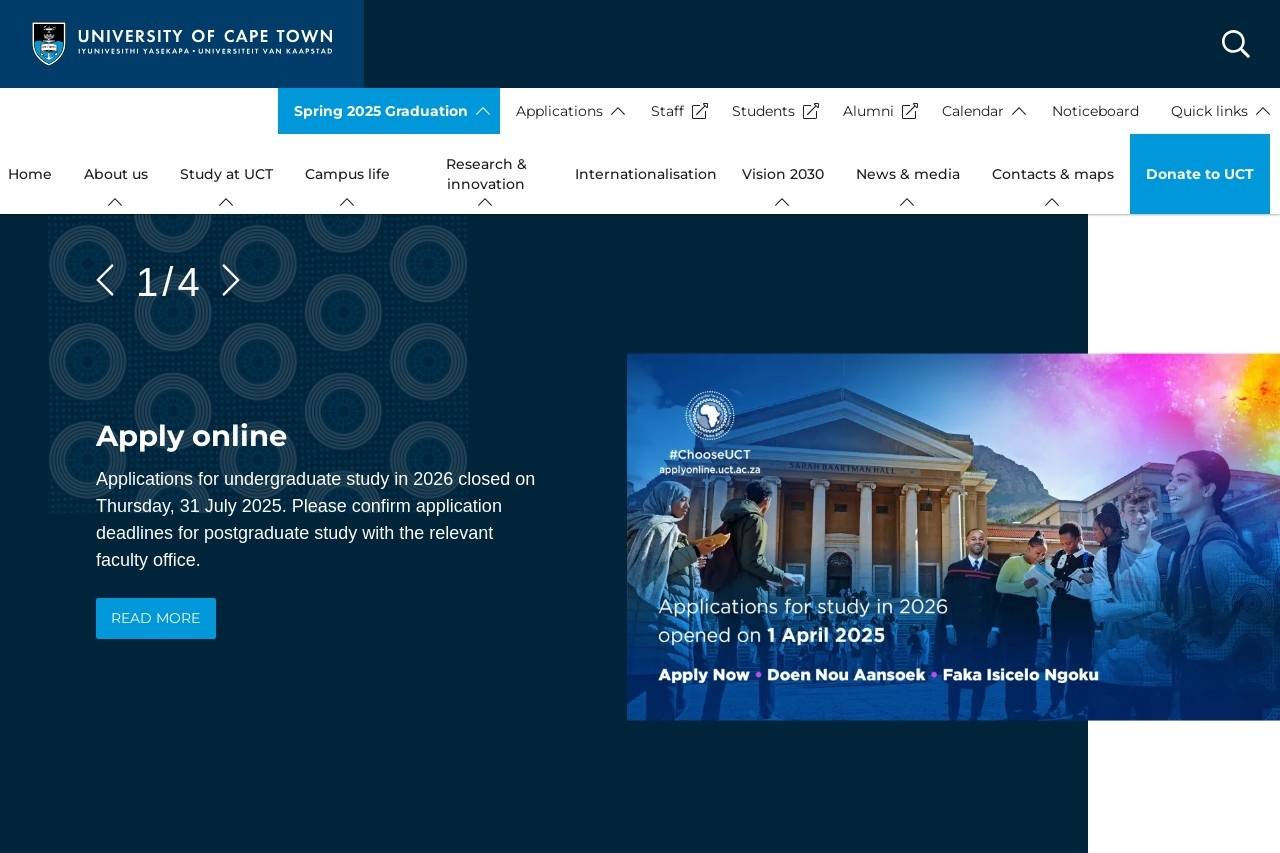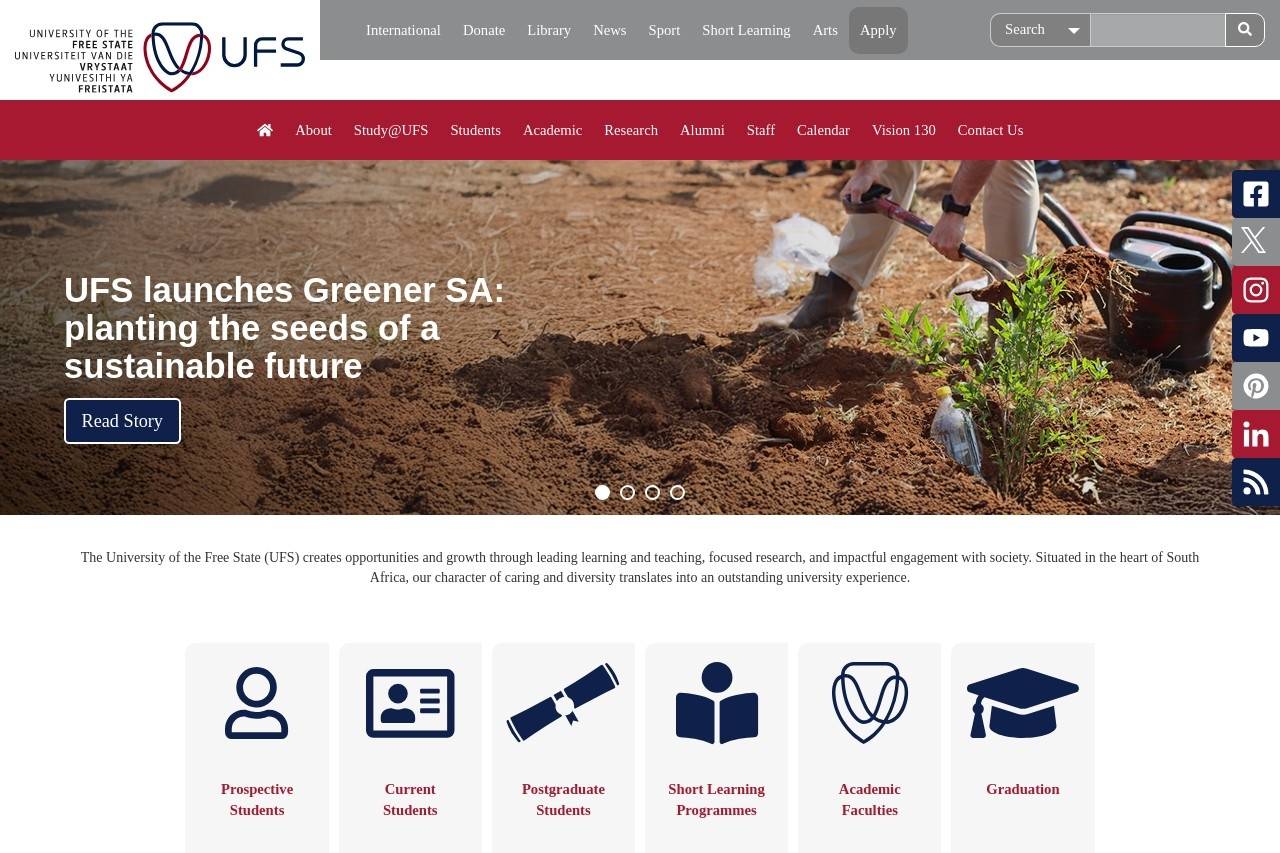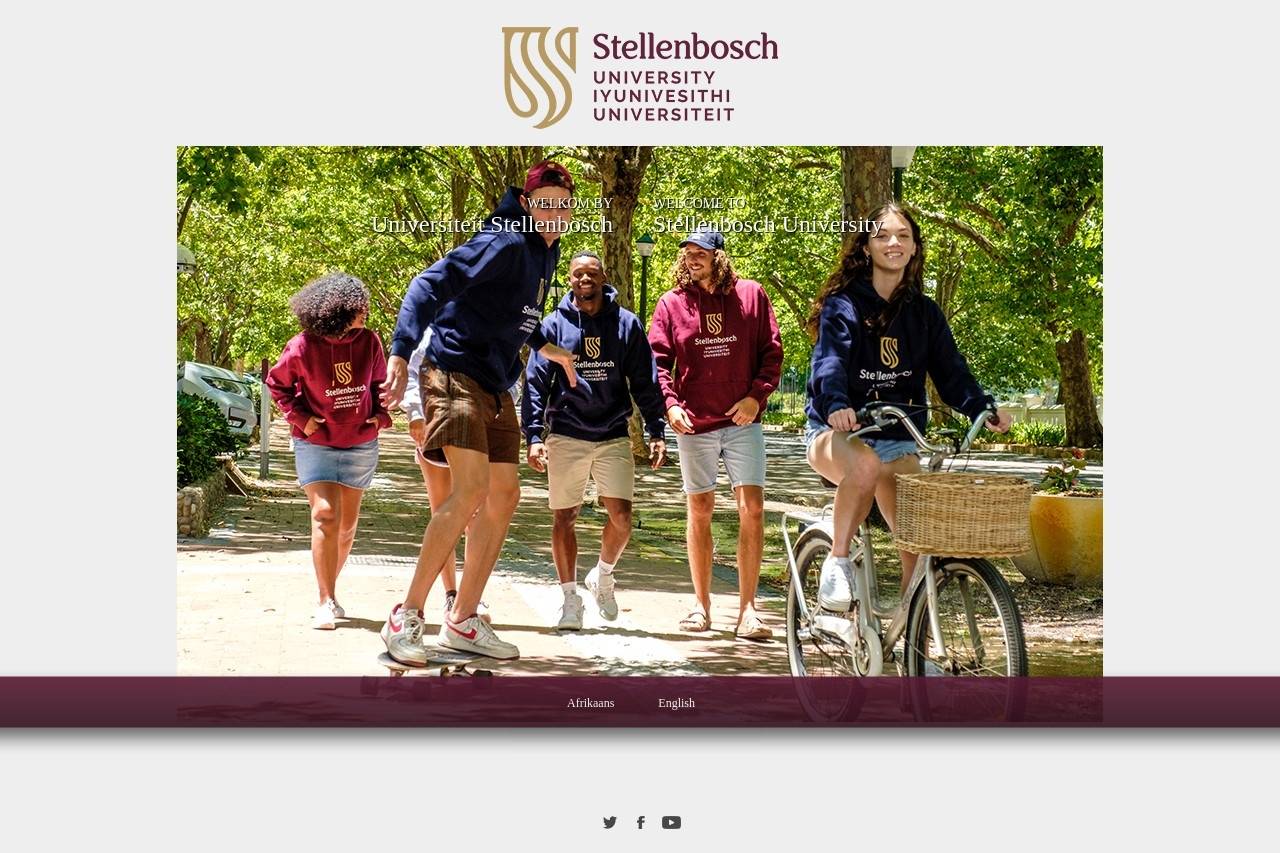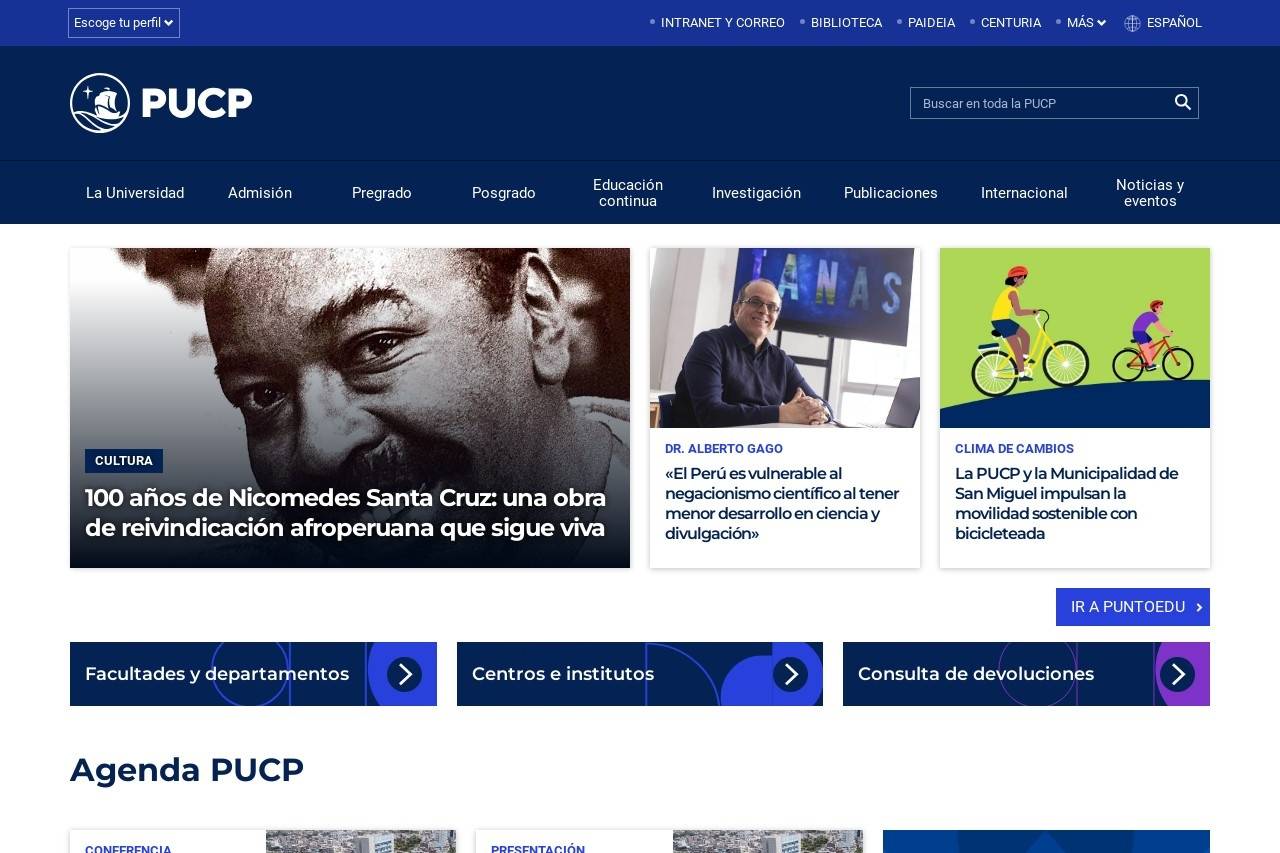University of Cape Town
文章目录[隐藏]
University of Cape Town: An Overview
The University of Cape Town (UCT) is a public research university located in Cape Town, South Africa. Founded in 1829, it is the oldest university in South Africa and is widely regarded as the leading higher education institution on the African continent. UCT is celebrated for its stunning campus situated on the slopes of Devil's Peak, offering breathtaking views, and for its unwavering commitment to academic freedom, critical inquiry, and creating a positive impact both locally and globally.
Distinctive Advantages and Strengths
UCT's reputation is built on several core strengths that distinguish it from other institutions:
- Research Intensity: UCT is a research-led university, contributing significantly to global knowledge. It boasts the highest research output and highest number of rated researchers in South Africa.
- Diverse Academic Offerings: The university comprises six faculties: Commerce, Engineering & the Built Environment, Health Sciences, Humanities, Law, and Science. This allows for a comprehensive and interdisciplinary approach to education.
- Global Perspective: With a strong focus on African issues, UCT provides a unique academic environment that addresses the continent's challenges and opportunities, all within a global context.
- World-Class Facilities: Students have access to state-of-the-art laboratories, one of the largest libraries in Africa, and specialized research institutes like the IDM (Institute of Infectious Disease and Molecular Medicine).
- Vibrant Student Life: The university offers a rich and diverse campus culture with numerous clubs, societies, and sports teams, set against the backdrop of one of the world's most beautiful cities.
Authoritative Rankings
UCT consistently ranks highly in both global and regional assessments, cementing its status as a top-tier university:
- Ranked #1 in Africa in the QS World University Rankings and the Times Higher Education World University Rankings.
- Consistently placed within the top 200 universities globally.
- Specific subjects, such as Development Studies, Geography, and Medicine, are frequently ranked within the global top 50.
Latest Research Breakthroughs
UCT researchers are at the forefront of innovation. Recent notable achievements include:
- COVID-19 Research: UCT scientists played a pivotal role in sequencing the genome of the SARS-CoV-2 virus in South Africa and were instrumental in vaccine trials and epidemiological modeling.
- Astronomy and Astrophysics: Researchers are deeply involved in the Square Kilometre Array (SKA) radio telescope project, which will be the world's largest and most sensitive telescope.
- Marine Science: The university leads in understanding the impacts of climate change on marine ecosystems and fisheries, crucial for the sustainability of the continent's coastlines.
- Social Justice and Policy: Significant research is conducted on inequality, poverty, and public health, directly influencing government policy and social development programs across Africa.
Notable Alumni
UCT has produced an impressive roster of graduates who have excelled in various fields, including:
- Nobel Laureates: Professor Emeritus Allan McLeod Cormack (Nobel Prize in Physiology or Medicine, 1979) and Professor Emeritus J.M. Coetzee (Nobel Prize in Literature, 2003).
- Political Leaders: The late Archibald Gumede (renowned anti-apartheid activist and lawyer).
- Business Leaders: Phuthuma Nhleko (former CEO of MTN Group) and Mark Shuttleworth (founder of Thawte and first African in space).
- Academics and Scientists: Professor Salim Abdool Karim, a world-renowned epidemiologist who led South Africa's response to the HIV/AIDS and COVID-19 pandemics.
Frequently Asked Questions (FAQs)
1. What are the recent admission scores/APS requirements?
Admission to UCT is competitive and is based on the National Benchmark Test (NBT) results and the Admission Points Score (APS) calculated from your final high school exam results. The minimum APS requirement varies by faculty, typically ranging from 35 to 48 points (on a scale of 42-78 for the best six subjects). Specific subject requirements are also critical, especially for programs like Engineering and Health Sciences. Prospective students must check the latest requirements on the official UCT website for their chosen program.
2. What scholarships and financial aid are available?
UCT offers a wide range of financial support options to ensure access for talented students from all backgrounds. These include:
- UCT Undergraduate Scholarships: Awarded based on academic merit and financial need.
- National Student Financial Aid Scheme (NSFAS): Government funding for South African students who meet the financial eligibility criteria.
- Faculty-Specific Scholarships: Various faculties offer their own merit-based awards.
- Postgraduate Funding: Extensive bursaries and scholarships are available for Honours, Master's, and PhD students, often linked to research projects.
All applicants are encouraged to apply for financial aid simultaneously with their university application.
3. What are the general application conditions?
The general application process involves:
- Submitting an online application via the UCT website during the open application period (typically April-September for the following year).
- Providing certified copies of academic transcripts and identity documents.
- Meeting the minimum subject and APS requirements for the chosen faculty.
- International students must also meet English language proficiency requirements (e.g., TOEFL or IELTS scores) and have their foreign qualifications evaluated by the South African Qualifications Authority (SAQA).




